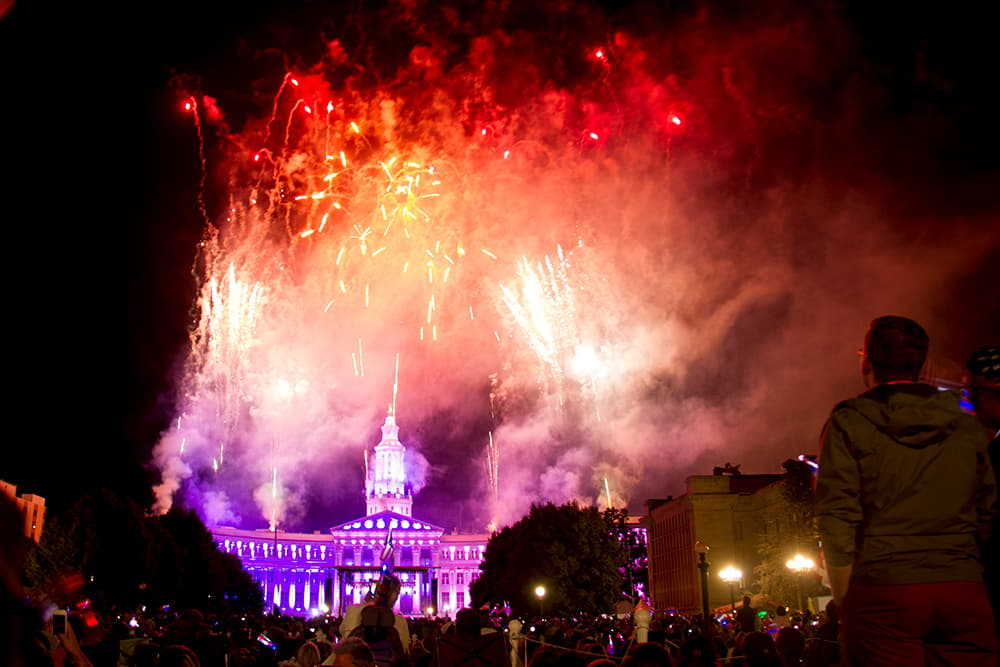Airbnb is taking steps that, according to the company, will prevent parties at rental properties that use the app.
Representatives with the company, which helps people rent their homes online, said travel is on the rise, but they recognize that the pandemic is not over and are heeding advice from health experts who are still warning against large, indoor gatherings.
The city has 1,957 licensed short-term rental properties, according to the city's business licensing center, which is 24 percent fewer rental homes than it had when the pandemic began. Still, licenses are up 4 percent since the beginning of January.
"I think the fact of the matter is large gatherings remain a potential public health issue," said Ben Breit, a spokesperson for Airbnb. "And ... we still have an indefinite party ban in effect at all our listings, both in the U.S., in Denver and throughout the world."
Guests "without a history of positive reviews" won't be able to book one-night stays in Denver over Independence Day weekend, the new rules state. One-night bookings correlate with parties, Breit said, citing proprietary data from the publicly traded company.
Airbnb generally considers accounts with an average of four stars or more to be positive, Breit said. But the new rule will affect people with new accounts, which could be opened by those who previously earned bad reviews or who are simply new to the platform, he said.
"We're not saying they're bad people," Breit said. "Most of them are great people and will hopefully use the platform for years to come, but they just haven't kind of earned that trust yet."
The company made similar rules for Halloween and New Year's Eve.
Airbnb homes in Denver have been the site of parties and shootings, but most complaints lobbed at the city are for illegal short-term rentals, said Eric Escudero, a spokesperson for the Denver Department of Excise and Licenses.
"What we often found is that the short-term rentals that are problems for the neighborhoods -- the noise, trash, parties, parking issues that come along with it -- are often associated with unlicensed rentals," Escudero said. "When they're licensed, they're usually more responsible renters."
A law enacted by Denver City Council forced companies like Airbnb and VRBO to verify the licenses of their clients starting February 1. Before then, the city doled out fines of $1,000 for each short-term rental listed without a license. But there have been zero violations since the law went into effect, Escudero said.
Wait a minute. Does the new law create a loophole for anyone who books multiple nights?
Since the rule only applies to those who book a single night, you might be wondering if the company is giving preference to people who spend more money with them by booking two nights.
The answer is yes, to an extent. But Breit said rentals for multiple nights don't lead to parties or "destructive behavior" as often as one-night stays. And he said the company is adding "defenses" for two- and three-night stays. For example, if someone under the age of 25 -- Airbnb must verify your age before you can become a member -- lacks a history of positive reviews and tries to rent a whole house in the city or in the "area," they would be denied. Breit declined to provide the radius that applies to the location-based restrictions because he said people could use the information to circumvent the rule.
"We're not perfect. We're not infallible. But we feel it's a pretty comprehensive strategy," he said.
Vrbo, another popular short-term rental app in Denver, did not return our request for comment.













